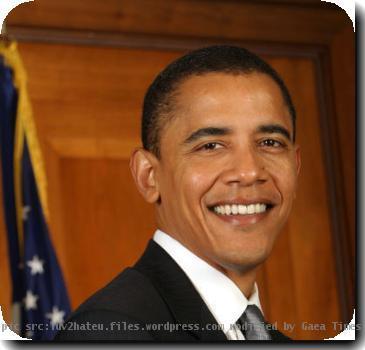Germany says progress reached at climate meeting of some 40 nations near Bonn
By Verena Schmitt-roschmann, APTuesday, May 4, 2010
Germany says climate meeting ‘broke the ice’
KOENIGSWINTER, Germany — Some 40 nations agreed Tuesday on taking individual steps to fight global warming, but made little progress during a three-day meeting near Bonn toward drafting a new international climate change treaty.
Germany praised the so-called Petersberg Dialogue, however, for moving global talks forward toward limiting the greenhouse gas emissions blamed for causing the Earth’s average temperatures to rise.
The meeting has “broken the ice” after what was seen as a failed result from the December climate conference in Copenhagen, German Environment Minister Norbert Roettgen said. “This is a contribution to making success possible again.”
U.N. climate chief Yvo de Boer also said the meeting had shown “a very strong desire of ministers to reinvigorate the process,” and urged ministers to stay involved instead of leaving negotiations to the experts.
Germany co-hosted the meeting with Mexico, which will hold the next major U.N. climate summit in Cancun at the end of the year. Before then, nations must still resolve tough issues over how greenhouse gas emissions should be lowered, and how financial aid to poor nations should be managed and spent.
But environment ministers at this week’s meeting, held in a mansion in Koenigswinter, made headway on several sticking points, including saving the planet’s forests and transferring climate technology from rich to poor countries, Roettgen said, adding that a final agreement on these topics was now within reach.
Specifically, ministers discussed individual projects that could help rich nations to reduce gas emissions or poor ones to cope with the effects of climate change, such as drought, flooding or heavy storms.
South Korea, for example, presented its Global Green Growth Institute, which will give developing nations advice on low carbon growth, the German environment minister said, while the U.S. and India are working on a project to make appliances more efficient.
France and Norway have a plan to get both rich and poor nations involved in stopping deforestation, and Germany wants to allocate euro350 million ($458 million) on forests from the euro1.2 billion it pledged for fast action in Copenhagen, Roettgen said.
“This has proved to be a platform of constructive discussions,” Roettgen said.
But environmental groups warned the global climate talks were still deeply troubled, with the deep rift between industrialized nations and developing countries still causing considerable differences.
“Fundamentally, the difficult situation we had in Copenhagen has not changed,” Greenpeace climate specialist Martin Kaiser said.
The December conference in Copenhagen was seen as a major disappointment, failing to reach a new legally binding treaty after two years of U.N.-sponsored negotiations. Instead, the summit ended with a political declaration called the Copenhagen Accord, brokered at the last minute by President Barack Obama, but many of the 190 or so countries that attended were unhappy with it and some dismissed it outright.
Greenpeace warned that, until the U.S. has a climate law in place, real progress on drafting a new treaty to replace the Kyoto Protocol will be tough.
“President Obama’s climate policies have failed, and therefore there is no basis for an ambitious international treaty that could bring India and China on board,” Kaiser said.
De Boer has said he does not expect a comprehensive international treaty to be finalized this year in Cancun.
Parts of a treaty — such as deals on forests or technology transfers — might be agreed by then, though, and Germany does not rule out continuing the Kyoto Protocol beyond its 2012 expiration date, Roettgen said.
The 1997 Kyoto Protocol obliges industrialized countries to cut their greenhouse gas emissions by 5.2 percent below 1990 levels by 2012. The U.S. has not ratified it, and China and other up-and-coming economic powers are not covered by it.
Tags: Air Quality, Barack Obama, Bonn, Climate, Copenhagen, Denmark, Environmental Activism, Environmental Concerns, Environmental Policy, Europe, Germany, International Agreements, Koenigswinter, North America, United States, Western Europe

